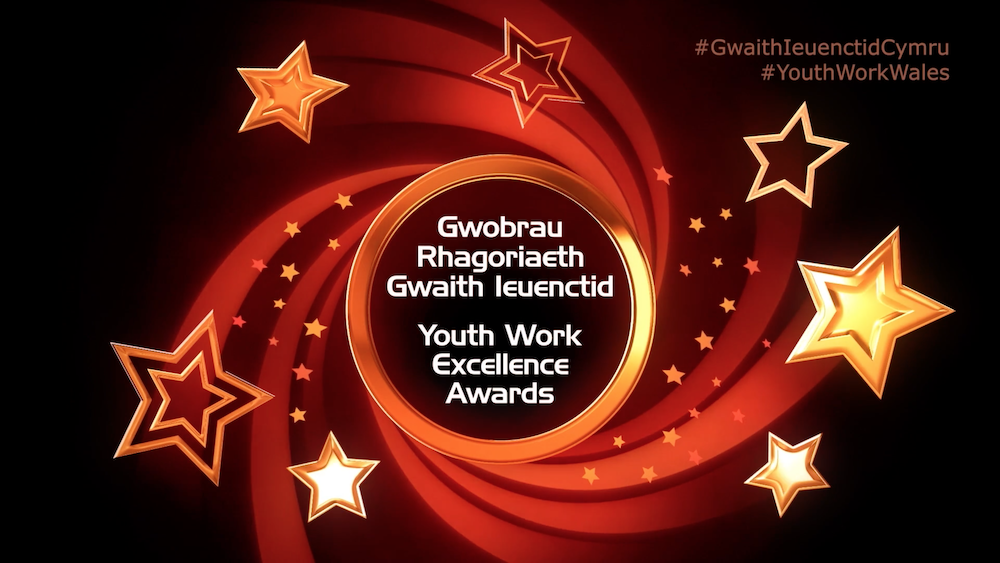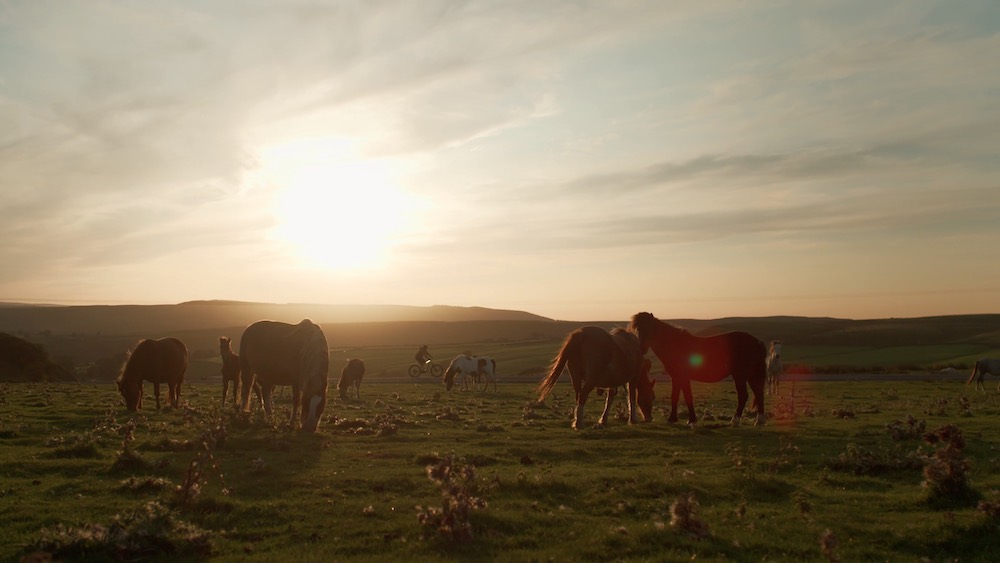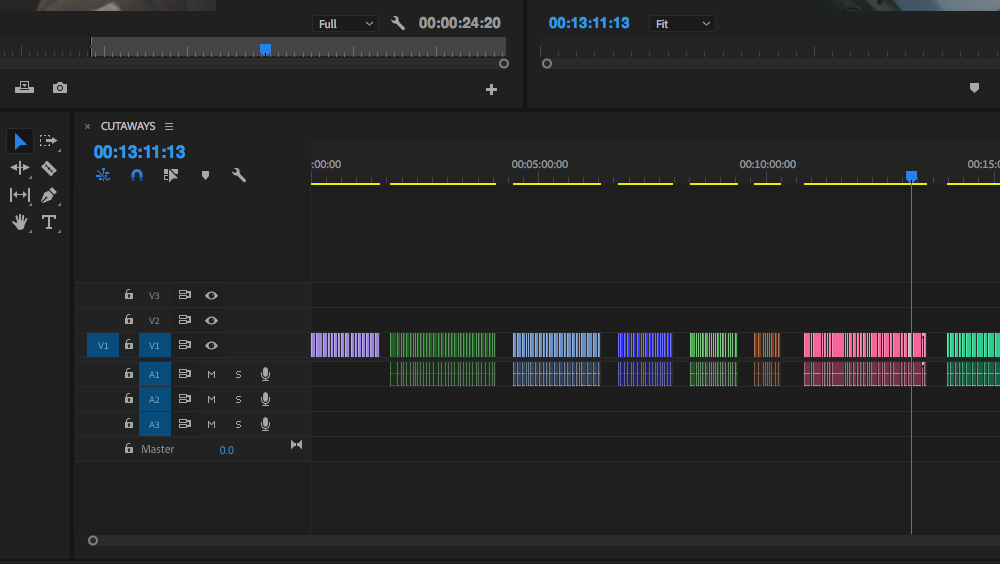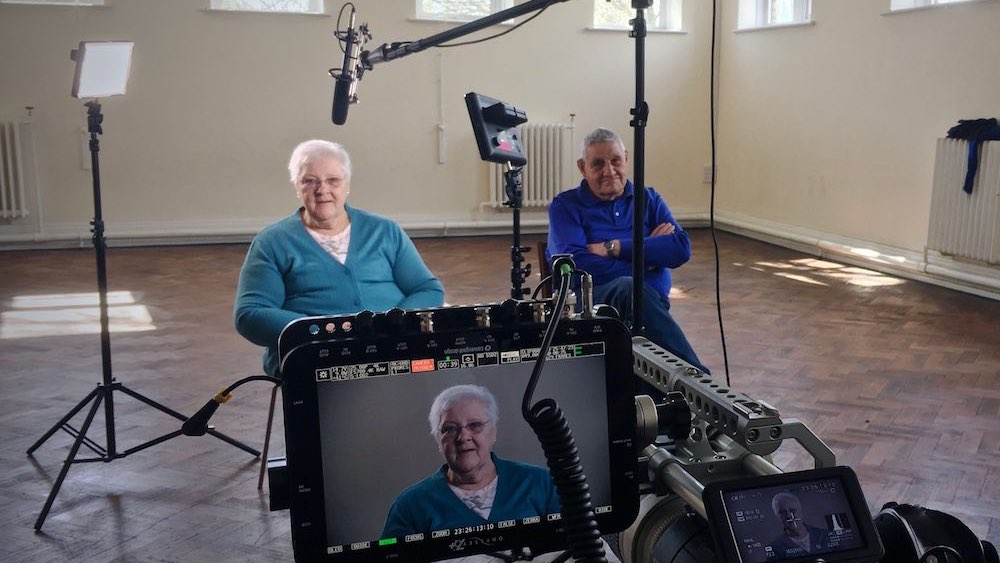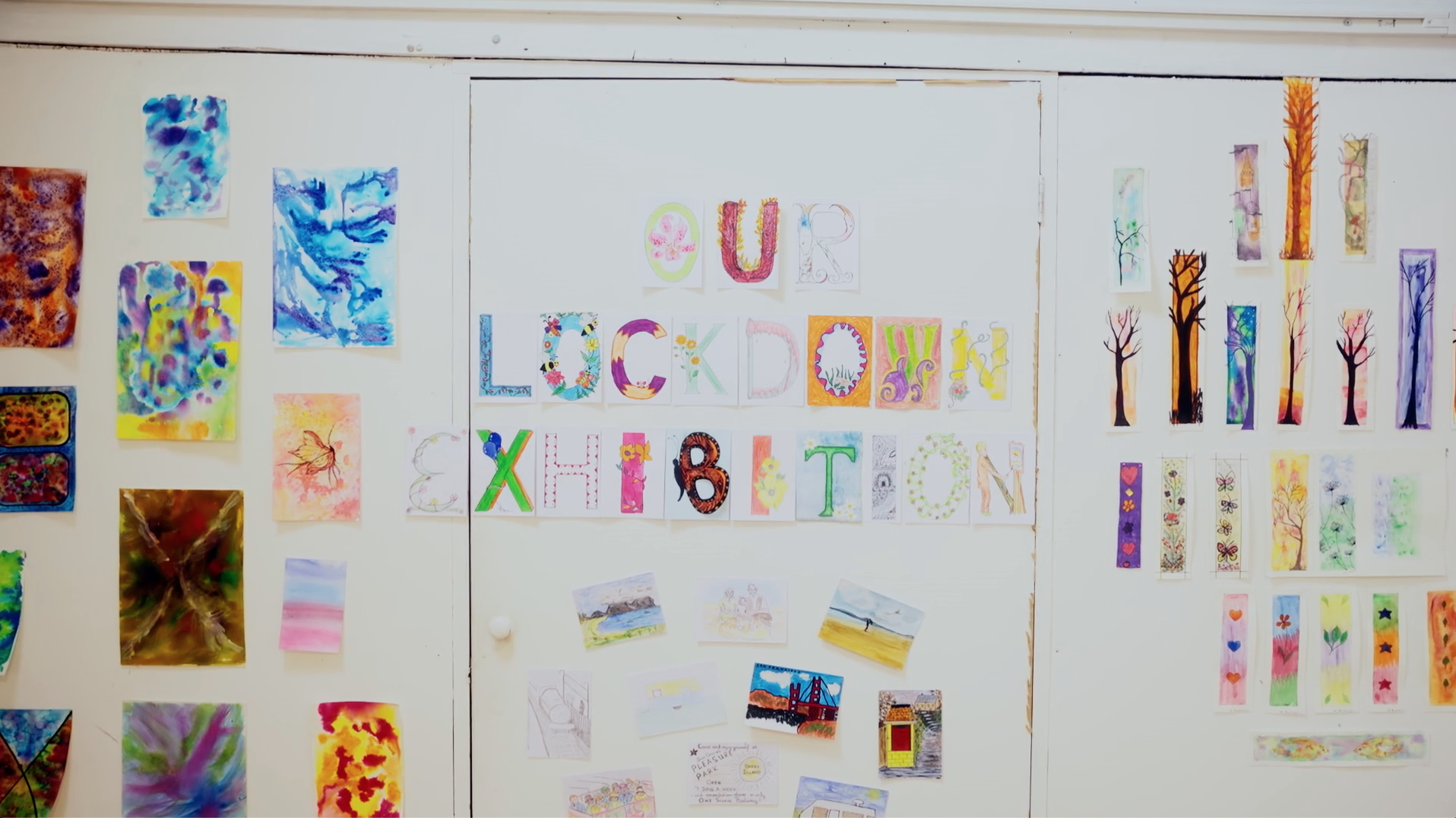
In every community there are people doing some amazing work that you probably don’t even know about. People who are going above and beyond every day to make the lives of people in your community a little easier. During lockdown, the work that these people do became a lot harder.
We had the pleasure of creating a film that captured the effects that Valleys Kids Art Club had on its members during lockdown. A club that, prior to lockdown, was run 3 times a week in different locations throughout the Rhondda Valley and is completely free of charge. You have access to various art supplies and are set tasks each week that allow you to explore your creative side. Once lockdown hit, this art club was at risk of not being able to run any longer but Anne, their teacher, was adamant that she would not let that happen. She decided that she would move the art club online and conduct lessons via Zoom. She personally delivered packs of supplies to their members and would hold lessons online, setting a theme and task each week for the members to create a piece of work. She even did doorstep visits to those who didn’t have internet access and would collect their work to show off to the rest of the group on their behalf.
Once lockdown ended, the art club wanted to show off the work that they had done throughout lockdown and decided to host an exhibit that documented all their hard work in its raw form. As you’ll see from the video below, there are hundreds of pieces of art work pinned to the walls of varying themes and methods.
This is where we came in, we wanted to explore what impact having this art club had during lockdown whilst simultaneously showcasing the hard work that had gone into the exhibition. While we were conducting the interviews we found that the art club had been a saving grace for a lot of the members. It had kept their minds busy during a time when there was so much happening around the world. It kept some members from feeling isolated and gave others a bit of much needed ‘me time’. We realised through this film, how much of an impact art in itself can have on an individual and once you combine that with a sense of community and family, you’re on track to help so many people from feeling alone. You could see the joy that the members we interviewed felt as they were talking about the club, even when talking about it during the lockdown stage.
We wanted to create a film that fully encapsulated everything that was discussed during the interviews. It was decided that we didn’t need to have overly complicated B-Roll or interview set ups. We wanted to make sure that the art work that this group had created was the key focal point. The work was all so colourful and expressive that it spoke volumes about the effort that had been put in to creating it.
Groups and projects like this are happening all around us, we often don’t even know they’re there but they are so important to so many people in our communities. Making films like this allows other people to find out about the projects and may encourage some people who are also feeling isolated or are looking for a new hobby or even a way to make friends to join. Some people may just appreciate the project from afar and feel encouraged to offer a similar group in their area.
You can find more information about the Valleys Kids Art Club via their website –
www.valleyskids.org
Art Workshops:
Soar, Penygraig – Wednesdays 10am-12pm
Penyrenglyn, Treherbert – Thursdays 10am-12pm
The Factory Porth – Thursdays 1pm-3pm

